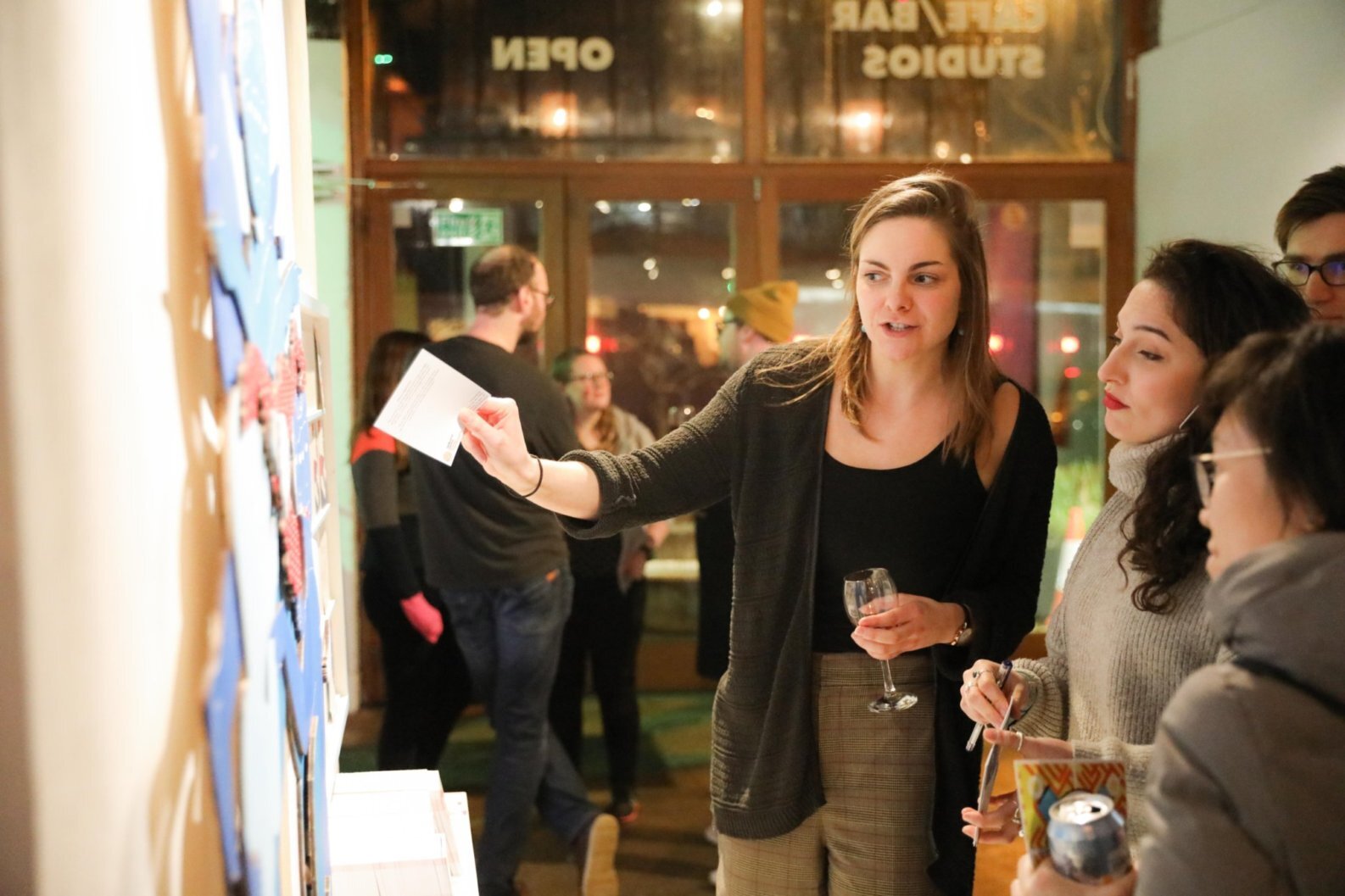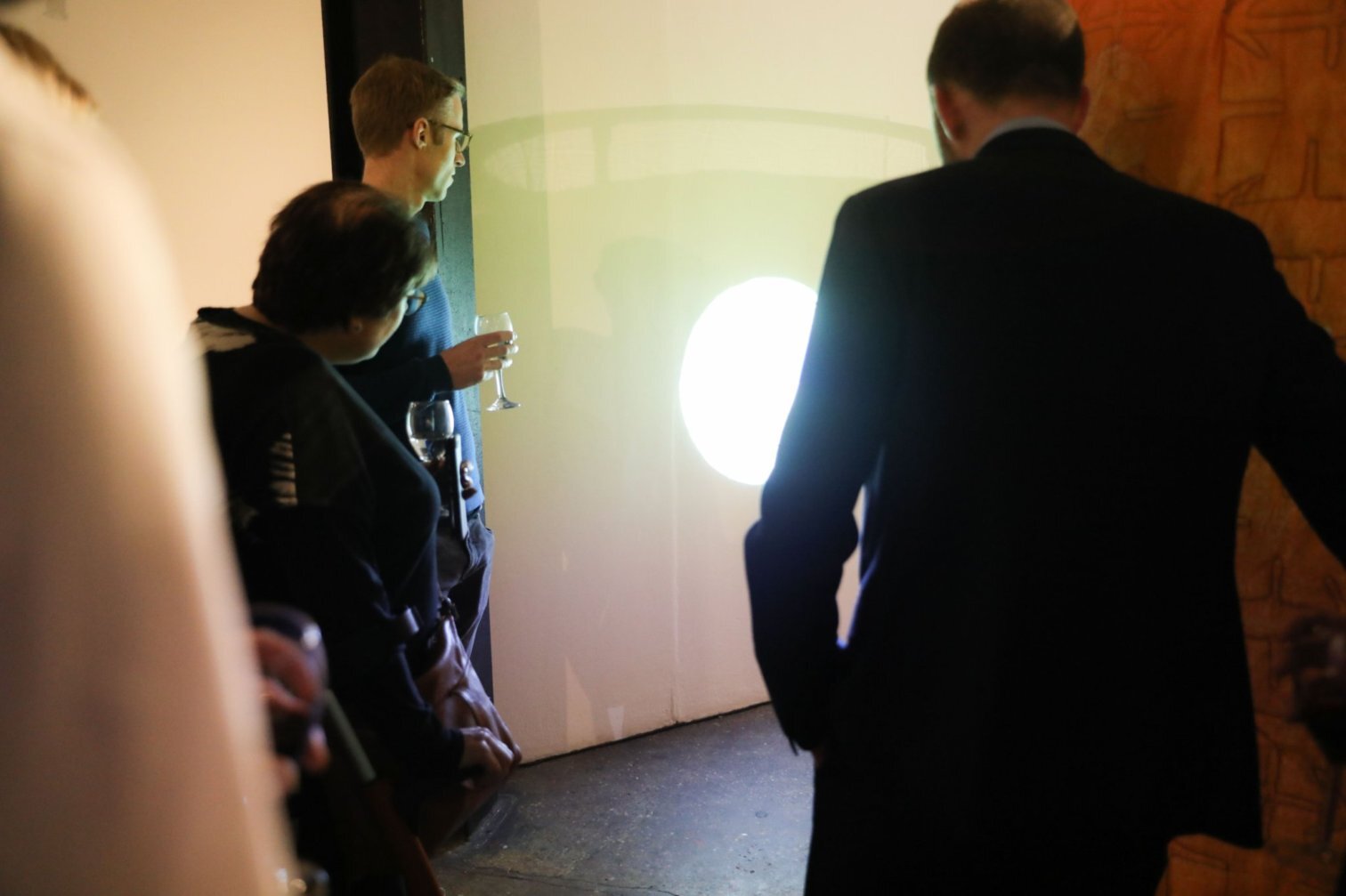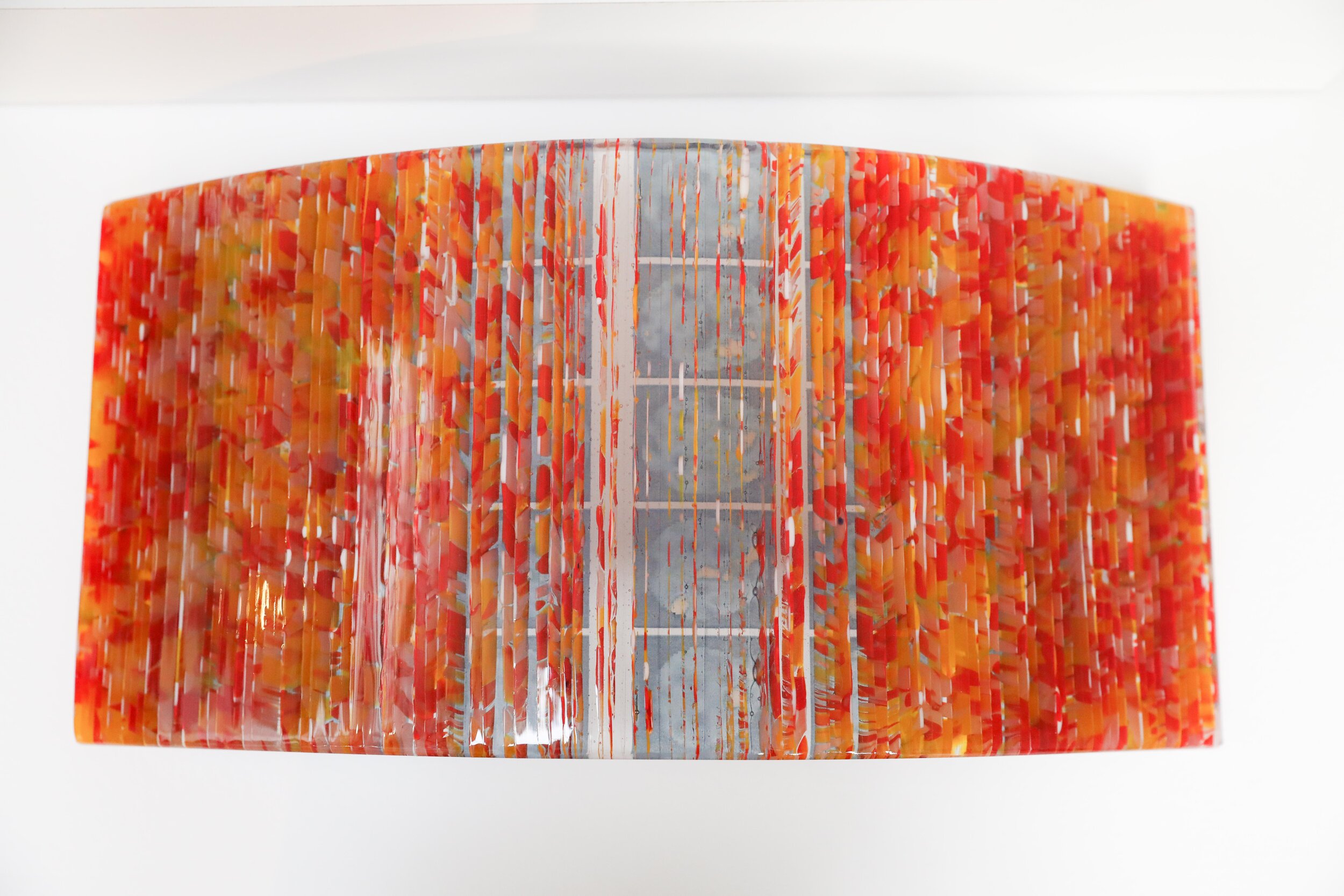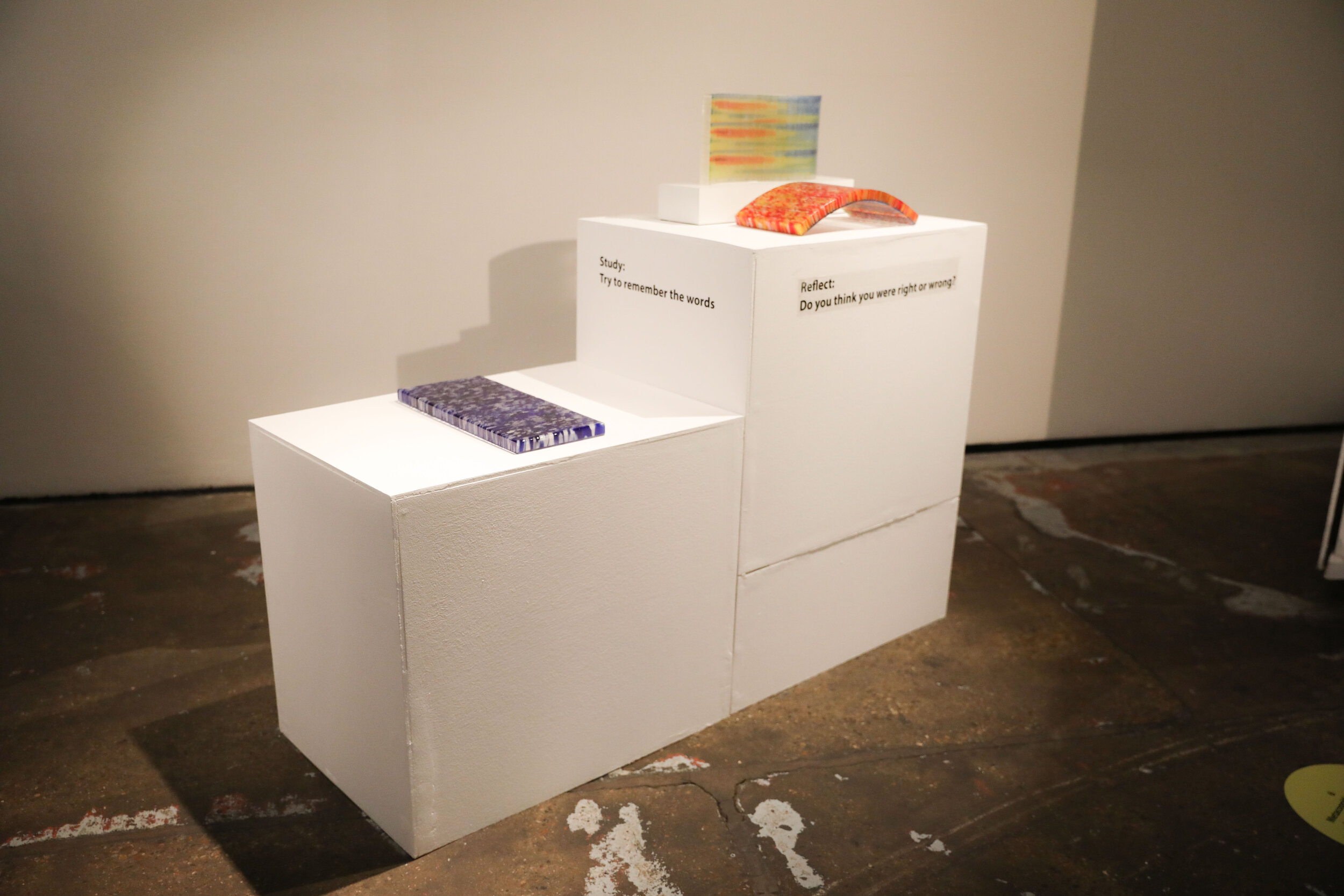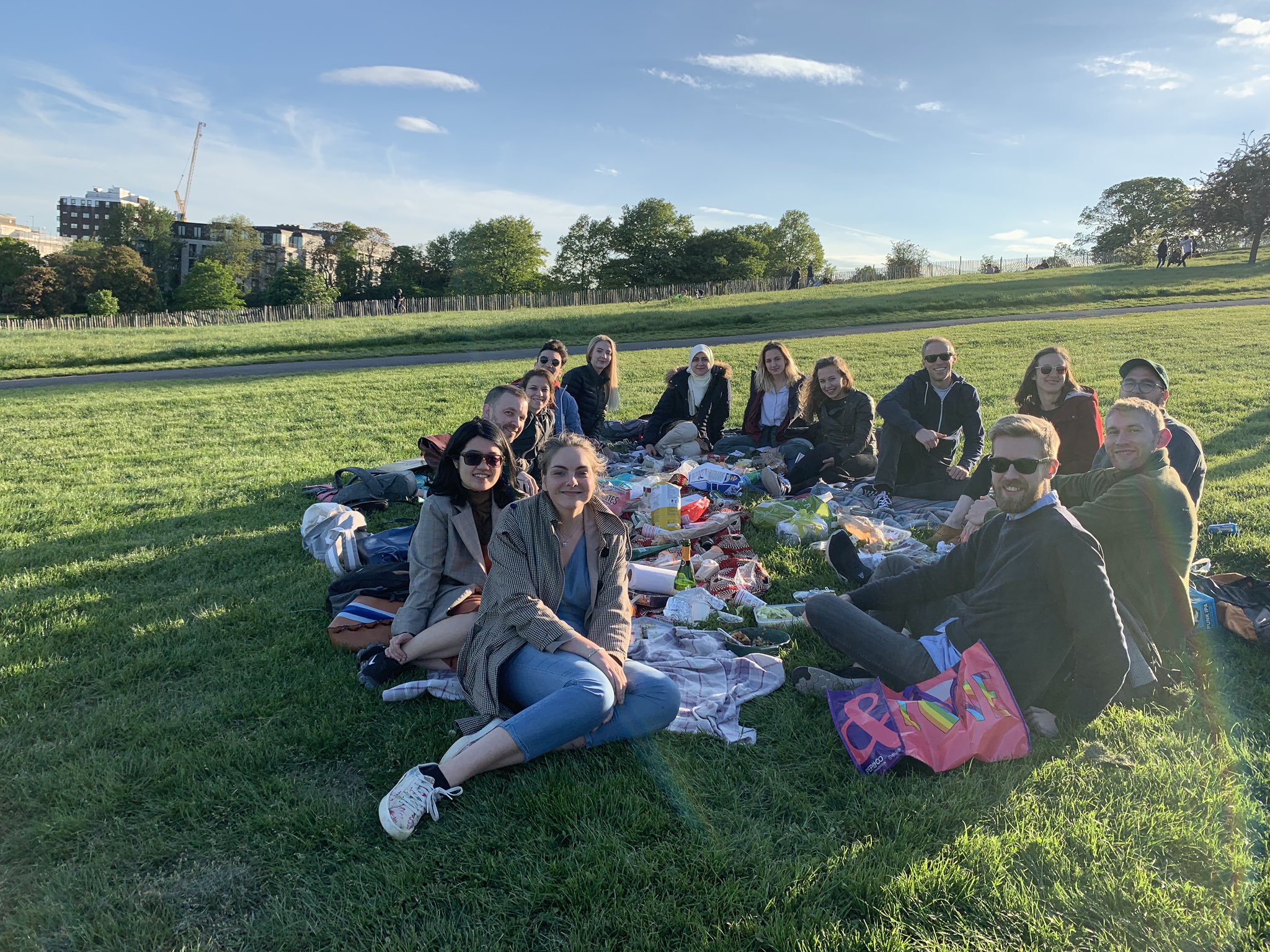MetaLab contributions to the Dear World Project
Andrew, Elisa and Steve have been involved with the Dear World Project, a cross-disciplinary public engagement collaboration that pairs artists and scientists to explore mental health. Their artwork, created by Nicole Morris, Tom Berry and Cathryn Shilling, was displayed in an exhibition as part of a wider collaboration with the Wellcome Centre for Human Neuroimaging and Max Plank Centre for Computational Psychiatry.
